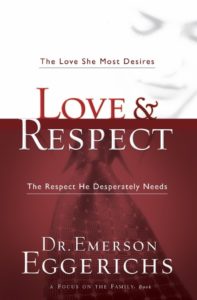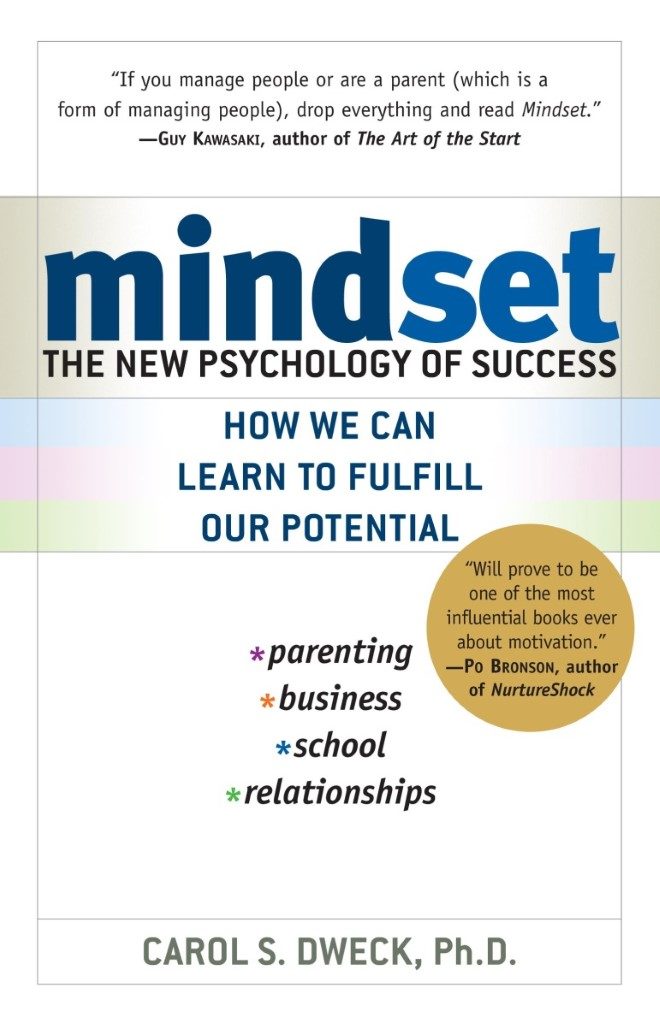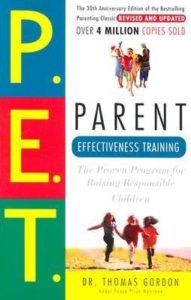Have you ever noticed when something really good happens to you or you’re in a really good mood, other things in your life seems to effortlessly fall into place? People say and do things and events play out in ways that boost you up even more? Conversely, have you noticed that when you’re in a bad mood or one unpleasantly jarring thing happens, other things in your life begin to spiral downward as well?
That seems to be the case more often than not, in my experience. I don’t believe it’s a coincidence and here’s why:
Everything is energy
“Concerning matter, we have been all wrong. What we have called matter is energy, whose vibration has been so lowered as to be perceptible to the senses. There is no matter.”
— Albert Einstein
Einstein believed everything is energy. In addition, he’s saying there are different frequency levels things vibrate at (think radio waves). Things we perceive as physical are vibrating at a lower frequency; things we can’t perceive at a higher one. Since humans are a part of the universe, that means we too are made up of energy. I believe we are vibrating at different frequency levels as well, depending on our level of consciousness (which can change).
This explains why some people ‘just click’ when they first meet, why some close relationships seem to grow apart for no reason, why we enjoy a particular kind of music (different music = different vibration frequency), why that can change depending on our mood, why some people can sense energies that others can’t, and a whole lot more.
Our energy affects our environment and other people.
It seems the whole universe is one big cosmic energy interaction that has a kind of order and purpose that we could study for a lifetime and still not completely wrap our heads around. I’ve heard the idea that our energy affects everything else from several other sources as well, and it would make sense if everything is connected.
Scientific sources have also stated that we can affect things consciously. One example is Dr. Masaru Emoto, author of New York Times best seller The Hidden Messages in Water, who studied the effects of human intention on water crystals. He claimed that positive thought, prayer, music, and written words created symmetrical, aesthetically pleasing crystals when the water was frozen, and negative words and thoughts created distorted, ugly crystals.
We are not a victim of our life; we are the creator of it.
The Celestine Prophecy, a spiritual adventure story (one of my all-time favorite spiritual growth books which I reference in other articles), talks about this concept as well.
“…the basic stuff of the universe, at its core, is looking like a kind of pure energy that is malleable to human intention and expectation in a way that defies our old mechanistic model of the universe–as though our expectation itself causes our energy to flow out into the world and affect other energy systems.”
— James Redfield, The Celestine Prophecy
You may have heard of the law of attraction: the idea that we can consciously create our reality from our intentions and beliefs. Whatever level of vibration we are functioning from will attract things in life to us which are of the same vibration. I think the law of attraction is misunderstood and over-simplified sometimes, but as long as we focus on raising our energy level with honest and pure intentions, I believe it will benefit us and everyone around us.
But there’s another more physical way we create our reality I don’t think is often talked about. We make thousands of decisions every day on how we do everything: our word choice and tone of voice we use while speaking to others, how we drive, how we move and carry ourselves, whether or not we decide to say hi to our neighbor, whether or not we run that errand, whether or not we eat that cookie, and on and on. (This is my husband’s theory, and it’s pretty awesome.)
Whatever our strongest, most persistent beliefs are about ourselves and the world, will literally create that reality for us through our actions.
For a lot of people, these daily behaviors are mostly unconscious; not true for people who have developed self-awareness. But all of these actions are a reflection of our state of mind and vibration level. If we want to change it we can work from the outside in – by conducting ourselves consciously in the way we would if we were at the level we wanted to be.
How do we raise our energy level?
To raise our energy to the level where life loves us back, I believe the answer is by getting into a state of consciousness where love, appreciation, joy, or faith fills us up and leaves no room for the fear and insecurity of the mind.
Here are 11 simple strategies to get you started:
- Meditate. People have been meditating for centuries. There are many different ways to do it, but the purpose is always to bring your awareness out of your head and realign with your true self.
- Recall a memory that evokes an emotion like love, safety, or gratitude, or use your imagination to generate the feeling.
- Go somewhere with beauty, like nature, to bring your awareness to the present and good emotions.
- Focus on your breathing. It can calm your mind and bring you back to the present.
- Engage in thought-provoking/inspiring conversation with someone.
- Exercise.
- Do something to make someone else smile.
- Let go of your worries and trust that everything will work out. Trust in whatever you trust in, that everything will be okay (I know, it’s harder than it sounds). Everything is as it’s meant to be.
- Spend time with your favorite pets (animals naturally vibrate at a higher frequency than most humans).
- Do something you love to do.
- If you have nagging thoughts about an unresolved issue that are making it hard to be present, do one thing toward resolving it.
If you’re having trouble raising your energy level due to stubborn, dis-empowering and dejecting belief systems, try this. I say this in almost every one of my articles: You have to become aware of the thing you want to change before you can change it. Practice observing your thoughts, emotions, what you say when talking to others, and how you behave. Once you’ve gotten insight into your belief systems, question the belief’s validity. Is (this) belief I have about (that) even true?
“Questioning illusions is the first step in undoing them.”
– A Course in Miracles
Once you start consciously being able to raise your energy level you may find more people attracted to you, drawn like moths to a light. (If you have an issue with that you can set boundaries. You’re in charge of your life.) People will sense your change on an intuitive level and want to be around you more. They will also be lifted by your energy. They will feel happier, more inspired, think clearer, and be more creative. You’ll naturally bring out the best in others while you bring out the best in yourself – a win-win!
Summary
Everything in the universe is energy, and vibrating at different frequency levels, including us. Everything is connected. Not only does our energy affect everything else but we can consciously put our intentions out into the world and life will reflect them back to us. Another underrated way we create our reality is by every action we take and every word we say. How we conduct ourselves is a reflection of our state of mind/frequency level, and if we want to change that we can conduct ourselves consciously. When we raise our energy level we bring out the best in ourselves, in everyone around us, and we begin to see that life is happening for us, not against us.
If you enjoyed this article and want to hear when I publish new content, join my mailing list below!










